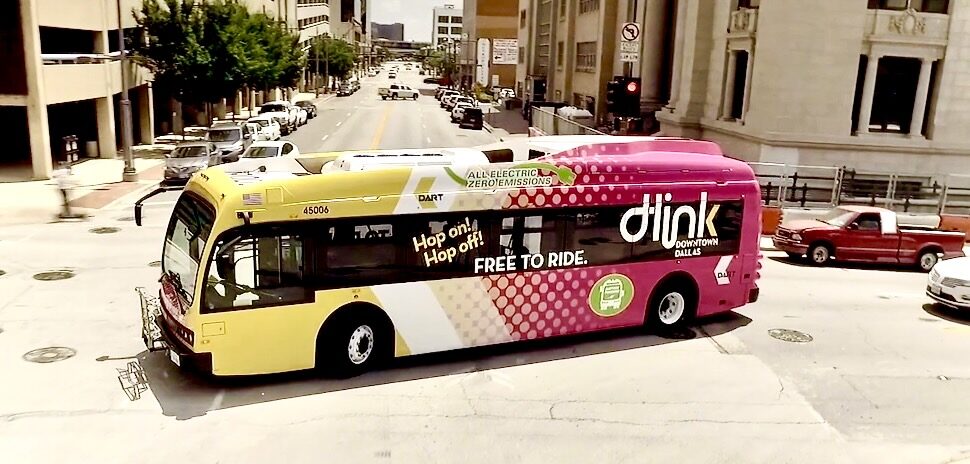![]() Every week, we do a little research of our own. We’re looking for scientists, professors, engineers, entrepreneurs—anybody, really—engaging in research and development across North Texas.
Every week, we do a little research of our own. We’re looking for scientists, professors, engineers, entrepreneurs—anybody, really—engaging in research and development across North Texas.
There’s plenty of good work being done. If you want to put R&D under your microscope, sign up for our e-newsletter.
Heart Association research shows AI can help analyze health via EKG
Artificial intelligence could soon assist doctors in measuring a person’s overall health using data from an electrocardiogram.
That’s according to research recently published by the Dallas-based American Heart Association. Also commonly called an EKG or ECG, an electrocardiogram, is a test that measures the electrical activity of the heart.
While it was already known that a patient’s sex and age can affect an EKG, researchers were wondering if AI could determine a patient’s gender and estimate their “physiologic age.” That “age” is a measure of overall body function and health status distinct from chronological age, according to a statement.
READ NEXT UNT Opens $12.6M State-of-the-Art Biomedical Engineering Building
Using EKG data from almost 500,000 patients, a type of AI called a convolutional neural network was trained to find similarities among the data. Once it was trained, the neural network was tested for accuracy with an additional 275,000 patients by predicting the output when only given their input data.
The AI estimated a patient’s chronological age as higher after the person had experienced adverse health situations such as a heart attack, low ejection fraction, or coronary artery disease. Lower age was estimated if the patient experienced few or no adverse events.
“While physicians already consider whether a patient ‘appears [their] stated age’ as part of their baseline physical examination, the ability to more objectively and consistently assess this may impact healthcare on multiple levels,” Suraj Kapa, M.D., study author and assistant professor of medicine and director for Augmented and Virtual Reality Innovation at Mayo Clinic in Minnesota, said in a statement.
The researchers found that AI was able to accurately determine a patient’s gender 90 percent of the time and could determine the chronological age group of a patient with 72 percent accuracy, according to a statement.

UTA’s research has found a less expensive, less time-consuming way to repair highway slopes.
UTA highway slope repair research named ‘Sweet Sixteen’ project
The state has spent millions of dollars over the years repairing slope failures along Texas highways. Now, research from the University of Texas at Arlington is being recognized as a way to reduce the time and money spent on the repairs.

Hossain

Shahandashti
The American Association of State Highway and Transportation Officials (AASHTO) named the UTA research as one of 2019’s Sweet Sixteen high-value research projects, according to a statement.
The Texas Department of Transportation-funded project, “Exploring Rapid Repair Methods for Embankment Slope Failure,” was led by Mohsen Shahandashti, assistant professor of civil engineering. Civil engineering professor Sahadat Hossain was the project’s co-principal investigator.
“TxDOT has spent millions of dollars to repair slope failures,” Shahandashti said in the statement. “Through our research, we found that about half of those are recurring. If they use our approaches, we project significant cost savings. We can also identify slopes that are likely to fail, so that TxDOT can address issues before a failure occurs.”
According to a statement, all 50 state departments of transportation submit high-value research projects each year to the national association to be considered for the Sweet Sixteen list. Four projects from each of the organization’s four regions are selected, and UTA’s was one of four chosen from Region 4.
![]()
Get on the list.
Dallas Innovates, every day.
Sign up to keep your eye on what’s new and next in Dallas-Fort Worth, every day.






























